Best movies & TV Shows like Dragons Alive
A unique, carefully handpicked, selection of the best movies like Dragons Alive Starring Lloyd Owen, and more. If you liked Dragons Alive then you may also like: David Attenborough's Natural History Museum Alive, Life on Air: David Attenborough's 50 Years in Television, Zoo Quest in Colour, The Greatest Wildlife Show on Earth, Omnibus and many more popular movies featured on this list. You can further filter the list even more or get a random selection from the list of similar movies, to make your selection even easier.
Dragons Alive is a television nature documentary series about reptiles co-produced by the BBC Natural History Unit and Animal Planet. The executive producer was Sara Ford, the narrator was Lloyd Owen and the music was composed by Elizabeth Parker. The series was first broadcast in the United Kingdom on BBC One beginning on 24 March 2004.
You may filter the list of movies on this page for a more refined, personalized selection of movies.
Still not sure what to watch click the recommend buttun below to get a movie recommendation selected from all the movies on this list
Life on Air: David Attenborough's 50 Years in Television
Life on Air: David Attenborough's 50 Years in Television is a BBC documentary film that recounts David Attenborough's television career. It is presented by Michael Palin and produced by Brian Leith. The BBC first transmitted the documentary in 2002 and is part of the Attenborough in Paradise and Other Personal Voyages collection of 7 documentaries. It includes interviews with Attenborough and several of his former colleagues, along with archival footage.
Zoo Quest in Colour
Thanks to a remarkable discovery in the BBC's film vaults, the best of David Attenborough's early Zoo Quest adventures can now be seen as never before - in colour - and with it the remarkable story of how this pioneering television series was made. First broadcast in December 1954, Zoo Quest was one of the most popular television series of its time and launched the career of the young David Attenborough as a wildlife presenter. Zoo Quest completely changed how viewers saw the world - revealing wildlife and tribal communities that had never been filmed or even seen before. Broadcast 10 years before colour television was seen in the UK, Zoo Quest was thought to have been filmed in black and white, until now. Using this extraordinary new-found colour film, together with new behind-the-scenes stories from David Attenborough and cameraman Charles Lagus, this special showcases the very best of Zoo Quest to West Africa, Zoo Quest to Guiana and Zoo Quest for a Dragon in stunning HD colour.
The Greatest Wildlife Show on Earth
Follow the path of the sun on its annual cycle, from the Equator, across the northern hemisphere and into the South. Witness a world bursting with life, as spring and summer follow the passage of the sun. Revealed in all their glory are the natural rhythms of life - the urge to breed, to feed and to raise young - all driven by the sun, the moon and the seasons, across the world.
Omnibus
Omnibus was an arts-based BBC television documentary series, broadcast mainly on BBC1 in the United Kingdom. The programme was the successor to the long-running arts-based series 'Monitor'. It ran from 1967 until 2003, usually being transmitted on Sunday evenings. During its 35-year history, the programme won 12 Bafta awards. Among the series' best remembered documentaries are Cracked Actor, a profile of David Bowie, and Rene Magritte, a graduate film by David Wheatley, 'Madonna: Behind the American dream', a film produced by Nadia Hagger, and a profile of the British film director Ridley Scott. For a season in 1982, the series was in a magazine format presented by Barry Norman. The series was replaced by 'Imagine' hosted by Alan Yentob.
How Do You Solve a Problem like Maria?
How Do You Solve a Problem Like Maria? is an English reality television talent show that documented the search for an undiscovered musical theatre performer to play the role of Maria von Trapp in the 2006 Andrew Lloyd Webber and David Ian stage production of The Sound of Music. The series was devised by executive producer Gigi Eligoloff, and was announced by the BBC in April 2006. BBC One broadcast the programme, which was hosted by Graham Norton, on Saturday evenings from 29 July through 16 September 2006. The title derives from the refrain of "Maria", a song from the first act of The Sound of Music.
Planet Earth
David Attenborough celebrates the amazing variety of the natural world in this epic documentary series, filmed over four years across 64 different countries.
Life in Cold Blood
David Attenborough reveals the surprising truth about the cold-blooded lives of reptiles and amphibians. These animals are as dramatic, as colourful and as tender as any other animals.
Walking with Dinosaurs
Combining fact and informed speculation with cutting-edge computer graphics and animatronics effects, the series set out to create the most accurate portrayal of prehistoric animals ever seen on the screen.
Angry Planet
Angry Planet is a 39-part television series broadcast around the world featuring the adventures of storm chaser George Kourounis, Angry Planet is produced by Peter Rowe of Pinewood Films. The series plays on the following networks: ⁕Outdoor Life Network ⁕Travel Channel ⁕Weather Channel ⁕TV8 ⁕MTV3 ⁕Canal Evasion ⁕TVB The first season of the series has also been released on DVD as a box set. Each episode focuses on a different force of nature as Kourounis gets up close to investigate and document the most fierce natural phenomena the Earth has to dish out.
The Worst Week of My Life
The Worst Week of My Life is a British comedy television series, first broadcast on BBC One between March and April 2004. A second series was aired between November and December 2005 and a three-part Christmas special, The Worst Christmas of My Life was shown during December 2006. It was written by Mark Bussell and Justin Sbresni.
Big Cat Diary
Big Cat Diary, also known as Big Cat Week or Big Cat Live, is a long-running nature documentary series on BBC television which follows the lives of African big cats in Kenya's Maasai Mara. The first series, broadcast on BBC One in 1996, was developed and jointly produced by Keith Scholey, who would go on to become Head of the BBC's Natural History Unit. Eight further series have followed, most recently Big Cat Live, a live broadcast from the Mara in 2008. The original presenters, Jonathan Scott and Simon King, were joined by Saba Douglas-Hamilton from 2002 onwards. Kate Silverton and Jackson Looseyia were added to the presenting team for Big Cat Live.
Walking with Monsters
A three-part British documentary film series about life in the Paleozoic, bringing to life extinct arthropods, fish, amphibians, synapsids, and reptiles. Narrated by Kenneth Branagh and using state-of-the-art visual effects, this prequel to Walking with Dinosaurs shows nearly 300 million years of Paleozoic history, from the Cambrian Period (530 million years ago) to the Early Triassic Period (248 million years ago).
Timewatch
Timewatch is a long-running British television series showing documentaries on historical subjects, spanning all human history. It was first broadcast on 29 September 1982 and is produced by the BBC, the Timewatch brandname is used as a banner title in the UK, but many of the individual documentaries can be found on US cable channels without the branding.
Trials of Life
A study in animal behaviour, it was the third in a trilogy of major series (beginning with Life on Earth) that took a broad overview of nature, rather than the more specialised surveys of Attenborough's later productions. Each of the twelve 50-minute episodes features a different aspect of the journey through life, from birth to adulthood and continuation of the species through reproduction. The series was produced in conjunction with the Australian Broadcasting Service and Turner Broadcasting System Inc. The executive producer was Peter Jones and the music was composed by George Fenton. Part of David Attenborough's 'Life' series, it was preceded by The Living Planet (1984) and followed by Life in the Freezer (1993).
The Life of Mammals
David Attenborough presents a nature documentary series looking at why mammals are the most successful creatures on the planet.
Tsunami: The Aftermath
Tsunami: The Aftermath is a television mini-series that was broadcast in two parts in 2006. It dramatizes the events following the 2004 Indian Ocean earthquake and the resulting tsunami in Thailand. Tsunami: The Aftermath is a joint production of HBO and the BBC and stars Tim Roth, Toni Collette, Sophie Okonedo, Samrit Machielsen, Chiwetel Ejiofor, and Savannah Loney. It was filmed in Phuket and Khao Lak, Thailand from April to June 2006. Phuket and Khao Lak were two of the worst hit areas in the country in the December 26, 2004 disaster.
A History of Scotland
Presented by Neil Oliver, A History of Scotland is a television series first broadcast in November 2008 on BBC One Scotland and later shown UK-wide on BBC Two during January 2009. The second series began on BBC One Scotland in early November 2009, with transmission at a later point on network BBC Two. Along with the series, BBC Scotland planned a range of radio programmes, a new website, an interactive game, and concerts. The Open University, in collaboration with the BBC, also created a series of audio walks around historic locations in Scotland, with narration from Oliver. In Australia, series one aired on SBS One Sundays at 7:30pm from 6 December 2009 to 3 January 2010. Series two commenced on 24 October 2010 running until 21 November in the same Sunday night Lost Worlds strand. It has since been repeated.
Weird Nature
Weird Nature is a 2002 documentary television series produced by John Downer Productions for the BBC and Discovery Channel. The series features strange behavior in nature—specifically, the animal world. The series now airs on the Science Channel. The series took three years to make and a new filming technique was used to show animal movements in 3D. Each episode, however, tended to end with a piece about how humans are probably the oddest species of all. For example, in the end of the episode about locomotion, the narrator states how unusual it is for a mammal to be bipedal. In the episode about defences, the narrator explains that humans have no real natural defences, save for their big brains.
Earthflight
Earthflight is a British nature documentary that shows a flight from the view of the wings of birds across six continents, showing some of the world's greatest natural spectacles from a bird's-eye view. it was created by the BBC and the first episode, narrated by David Tennant, aired on BBC One on 29 December 2011. A two-hour subset of Earthflight was aired in October 2012 by the Discovery Channel in the US as Winged Planet. The entire first series aired on PBS, beginning in September 2013, under the title Earthflight, A Nature Special Presentation.
How to Grow a Planet
Geologist Iain Stewart explain in three stages of natural history the crucial interaction of our very planet's physiology and its unique wildlife. Biological evolution is largely driven bu adaptation to conditions such as climate, soil and irrigation, but biotopes were also shaped by wildlife changing earth's surface and climate significantly, even disregarding human activity.
Secrets of Our Living Planet
In this series, naturalist Chris Packham reveals the natural world in a way that you’ve never seen it before. For him, what is really beautiful about nature is not the amazing animals and plants that we share the planet with but the hidden relationships between them. These relationships may sound bizarre but without them, no life would be possible. Discover previously unknown relationships, like why a tiger needs a crab; or why a gecko needs a giraffe. Each week Chris visits one of our planet's most vital and spectacular habitats and dissects it, to reveal the secrets of how our living planet works.
Earth: A New Wild
A fresh look at humankind’s relationship to the planet’s wildest places and most fascinating species. Using advanced filming techniques, this series will provide visuals as stunning as the best natural history programs. Distinguishing itself from nearly all other nature films, however, the series turns the cameras around, showing the world as it really is—with humans in the picture.
Planet Earth II
David Attenborough presents a documentary series exploring how animals meet the challenges of surviving in the most iconic habitats on earth.
Mountain: Life at the Extreme
A landmark 3-part series from the BBC's Natural History Unit revealing the extraordinary animals and remarkable people who make a home in the iconic mountain ranges of the world. There is one episode each on the Himalaya, Rockies and Andes.
Our Planet
Experience our planet's natural beauty and examine how climate change impacts all living creatures in this ambitious documentary of spectacular scope.
Cities: Nature's New Wild
Discover the remarkable ways animals of all shapes and sizes are adapting to make the most of opportunities in the newest and fastest changing habitat on the planet - our cities.
Seven Worlds, One Planet
Millions of years ago, incredible forces ripped apart the Earth’s crust creating seven extraordinary continents. This documentary series reveals how each distinct continent has shaped the unique animal life found there.
A Perfect Planet
A unique fusion of blue chip natural history and earth science that explains how our living planet operates. This five-part series shows how the forces of nature drive, shape and support Earth’s great diversity of wildlife.
The Really Wild Show
The Really Wild Show was a long-running British television show about wildlife, broadcast by the BBC as part of their CBBC service to children. It also runs on Animal Planet in the US. The show was broadcast continuously since 21 January 1986. In April 2006 the BBC announced that the show would be axed that summer, and as such the last ever episode was shown in April 2006, giving the show a run of 20 years.
Our Wild Adventures
Take a trip back through the natural history archives with some of the BBC's favourite wildlife presenters, as they share a few of their most memorable wild adventures.
Prehistoric Planet
Experience the wonders of our world like never before in this epic series from Jon Favreau and the producers of Planet Earth. Travel back 66 million years to when majestic dinosaurs and extraordinary creatures roamed the lands, seas, and skies.
Our Changing Planet
An ambitious seven-year natural history series documenting six of the planet's most threatened ecosystems and meeting the people fighting to restore the Earth’s delicate balance.
Life on Our Planet
Life's extraordinary journey to conquer, adapt and survive on Earth across billions of years comes alive in this groundbreaking nature docuseries.


























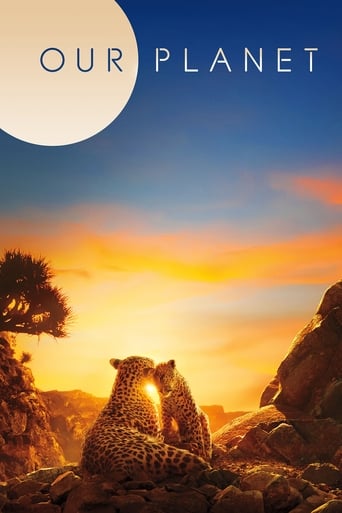









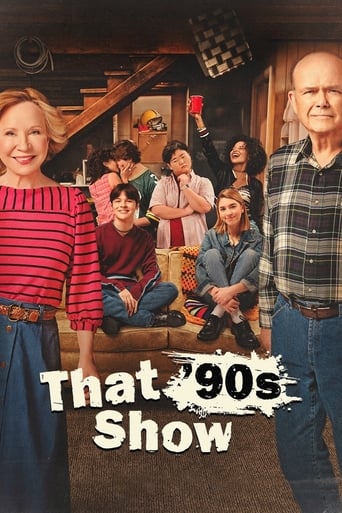
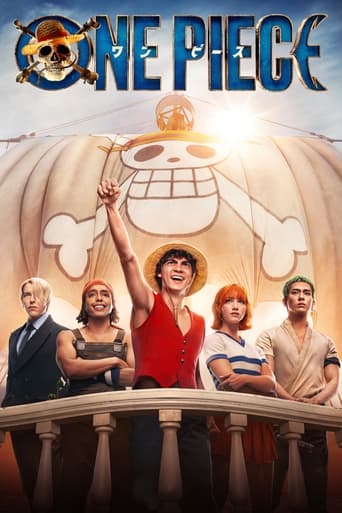
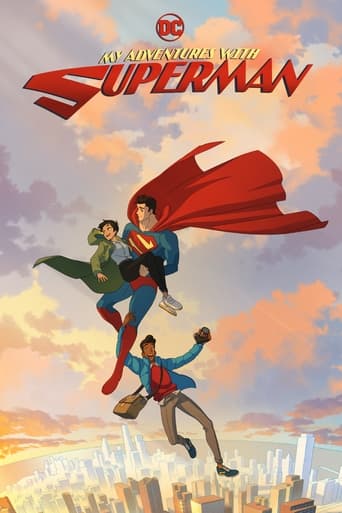
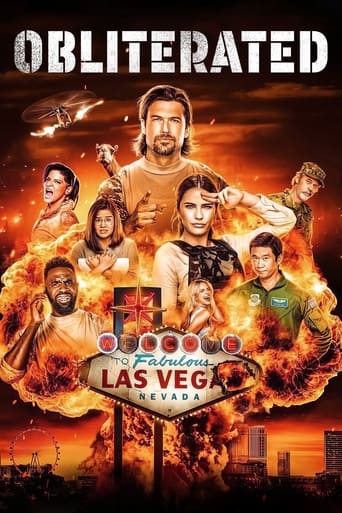
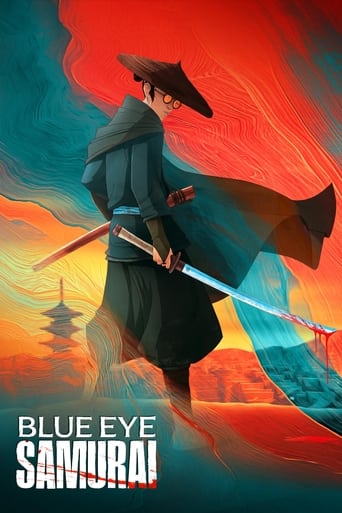
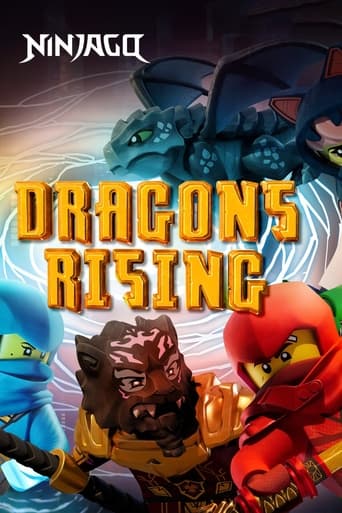
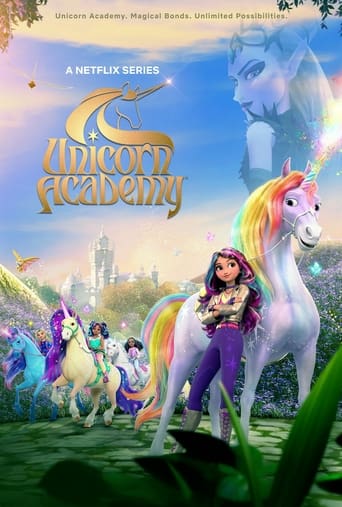
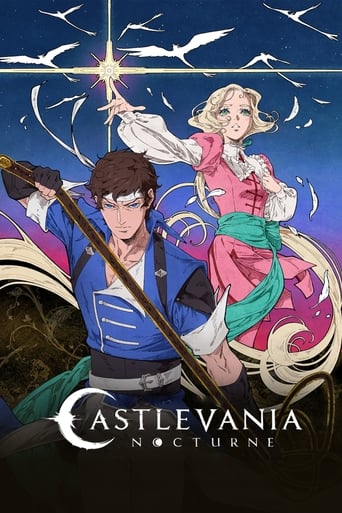


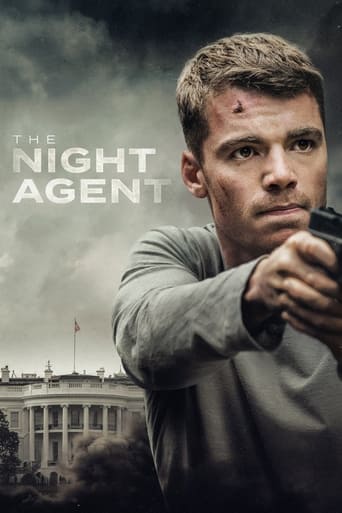
David Attenborough's Natural History Museum Alive
Regular opening times do not apply as we accompany Sir David Attenborough on an after-hours journey around London’s Natural History Museum, one of his favourite haunts. The museum's various exhibits coming to life, including dinosaurs, reptiles and creatures from the ice age. Shot by the same 3D team that worked on Gravity, examines how the animals and creatures at the London museum once roamed the earth.